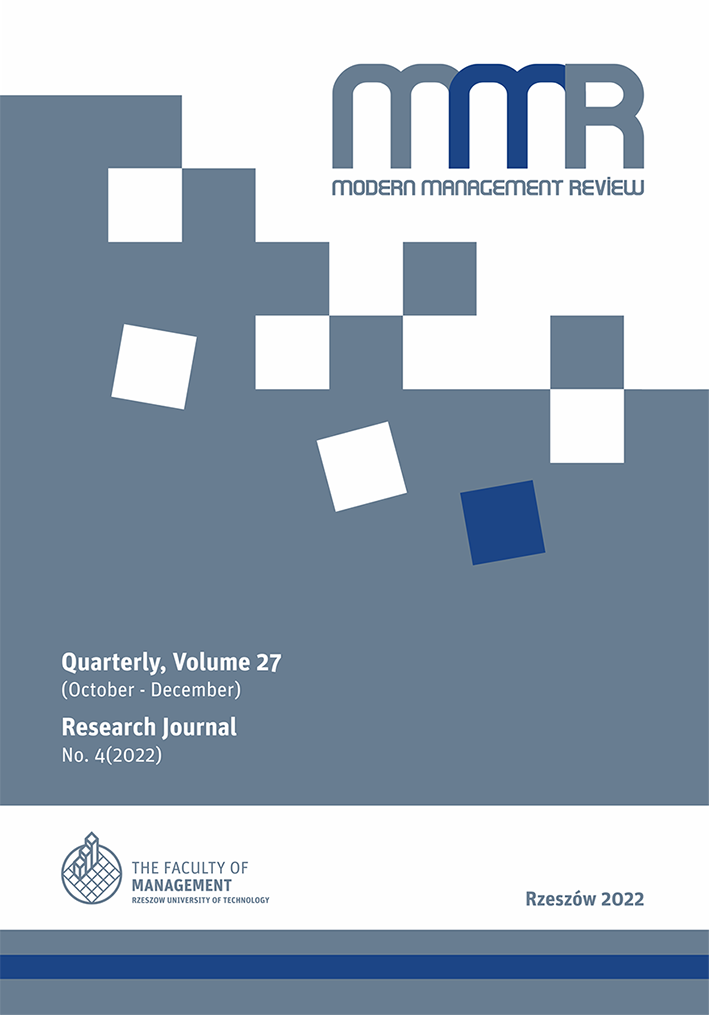Abstract
Conspiracy theories have been with people since their inception. The tendency to conspiracy thinking is related to many human cognitive mechanisms that greatly affect our perception of reality. Drastic and sudden events, especially those taking place on the international arena, are an impulse to plot intrigues in order to explain them and understand their causes. Anxiety and fear caused by uncertainty and a low level of trust, both in politicians and experts, are responsible for attempts to question the socio-political order and generally accepted explanations. The aim of the article was to present the phenomenon of spreading disinformation in the form of conspiracy theories on the Internet. The research problem was the question of which societies believe the most in the truth of selected conspiracy theories. The research methods used were: literature analysis. Diagnostic survey, the techniques were: text analysis and a survey with a questionnaire.
References
Dlaczego wierzymy w teorie spiskowe? [Access: 15.11.2022]. Access on the internet: https://thefad.pl/aktualnosci/teorie-spiskowe-2/
Dlaczego wierzymy w teorie spiskowe? Access on the internet: https://www.polskieradio.pl/10/5367/Artykul/2501465,Dlaczego-wierzymy-w-teorie-spiskowe
All texts published in the journal Modern Management Review are available in the full version on the website of MMR. Digital IDs have also been entered from number 19 (3/2012) (DOI: 10.7862/rz.2018.mmr.1)
Open Access – CC BY 4.0
This is an open access journal which means that all content is freely available without charge to the user or his/her institution. The articles are published under the terms of the Creative Commons licence (CC-BY 4.0), including the following fields of exploitation comprising:
1) the right to publish the Work in print in book and digital form and to distribute it in book and digital form, including by displaying, playing, broadcasting, making it publicly available by the Publisher and third parties,
2) the right to record and reproduce all or part of the Work on paper and in the form of a digital record and in any other possible way by the Publisher,
3) the right to enter the Work into computer memory and save the Work in the IT systems of the Publisher and other entities distributing digital content,
4) the right to archive the Work and make copies of the Work on electronic media by the Publisher, without quantitative restrictions,
5) the right to digitise the Work and to perform conversions/transformations of the Work in electronic form into other digital formats by the Publisher and third parties,
6) the right to distribute the Work, including via the Internet or other ICT networks by the Publisher and other third parties, in a way that allows viewing, reading, copying the content of the Work in electronic form, i.e. all elements belonging to it, whereby copying shall be understood as the saving of the Work made available to an interested person on a medium of their choice,
7) the right to store the Work in the database of the Publisher and other entities distributing the Work in any form, as well as its processing in the database of the Publisher and third parties,
8) right to translate and publish the Work in one of the modern languages in any form by the Publisher and third parties.


